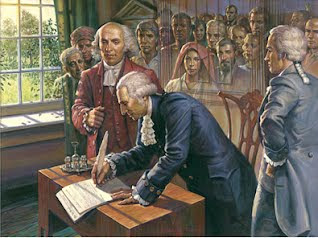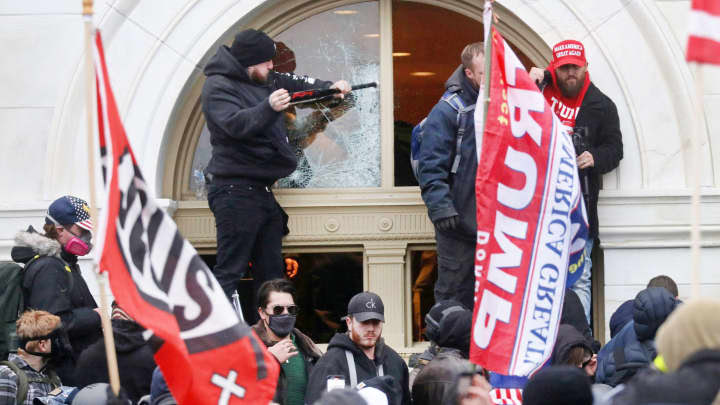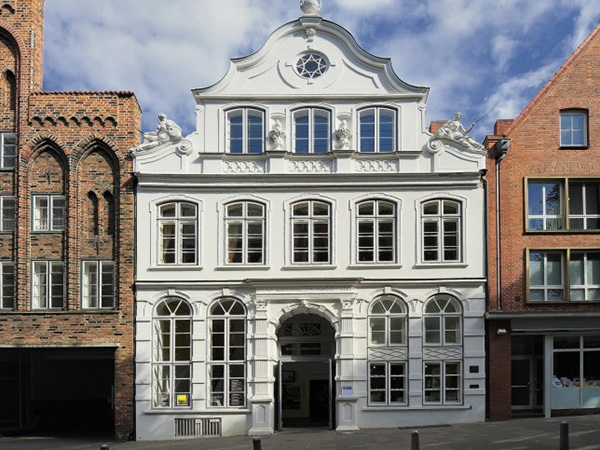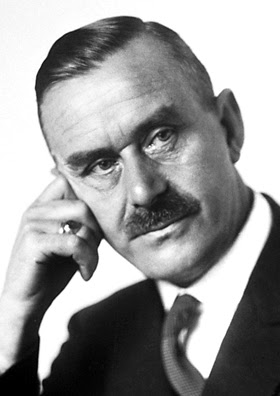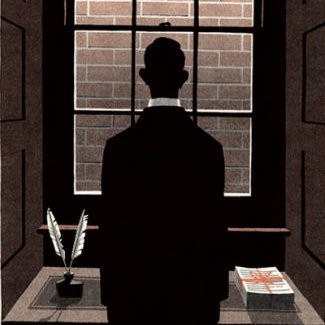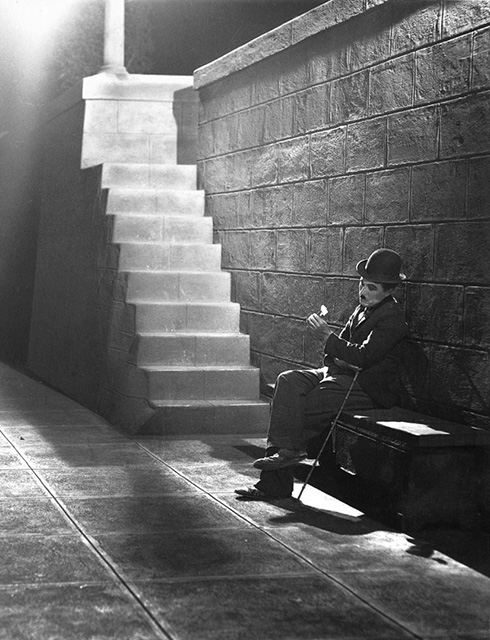HIS F22-09: To Ratify or Not to Ratify: The Debates on the Constitution
Thursday, Oct 20, 27 & Nov 3
3:15-5:15 pm
The first political coup in American history occurred in 1787 at the Constitutional Convention. Charged with merely amending the Articles of Confederation, the delegates instead proposed a radical new framework for the federal government’s relationship with the states and with the American people.
The Convention and ratification debates laid bare the country’s political, social, economic, and ideological divisions. While the Convention delegates reached an uneasy compromise, the key divisive issues have persisted to this day. This course summarizes the Constitutional Convention and ratification debates, revealing the underlying value conflicts and bringing to life the struggle to define the American Republic.
CE F22-10 is available in person at 1200 Old Pecos Trail.
CE F22-10: Are We There Yet? Christian Nationalism, Trumpism, and the Rise of Fascism in the United States
Monday, Oct 17, 24
1-3 pm
One week after the attack on the U.S. Capitol, Cambridge (UK) historian Richard Evans argued that, whatever else Donald Trump may be, he is not a fascist: “For all of Trump’s inflammatory rhetoric, the attack on Congress was not a pre-planned attempt to seize the reins of government.” By contrast, Yale professor Jason Stanley submits that Trump is “creating a fascist social and political movement with himself as the leader.”
Are we there yet? Is fascism nascent in the United States? We will formulate an answer to this question by reviewing the characteristics of fascism, investigating Christian nationalism and its ties to the Trump wing of the Republican party, and determining whether the actions taken by Trump and his allies represent a clear and present danger to representative government.
CE F22-10 is available in person at 1200 Old Pecos Trail and online via ZOOM.

